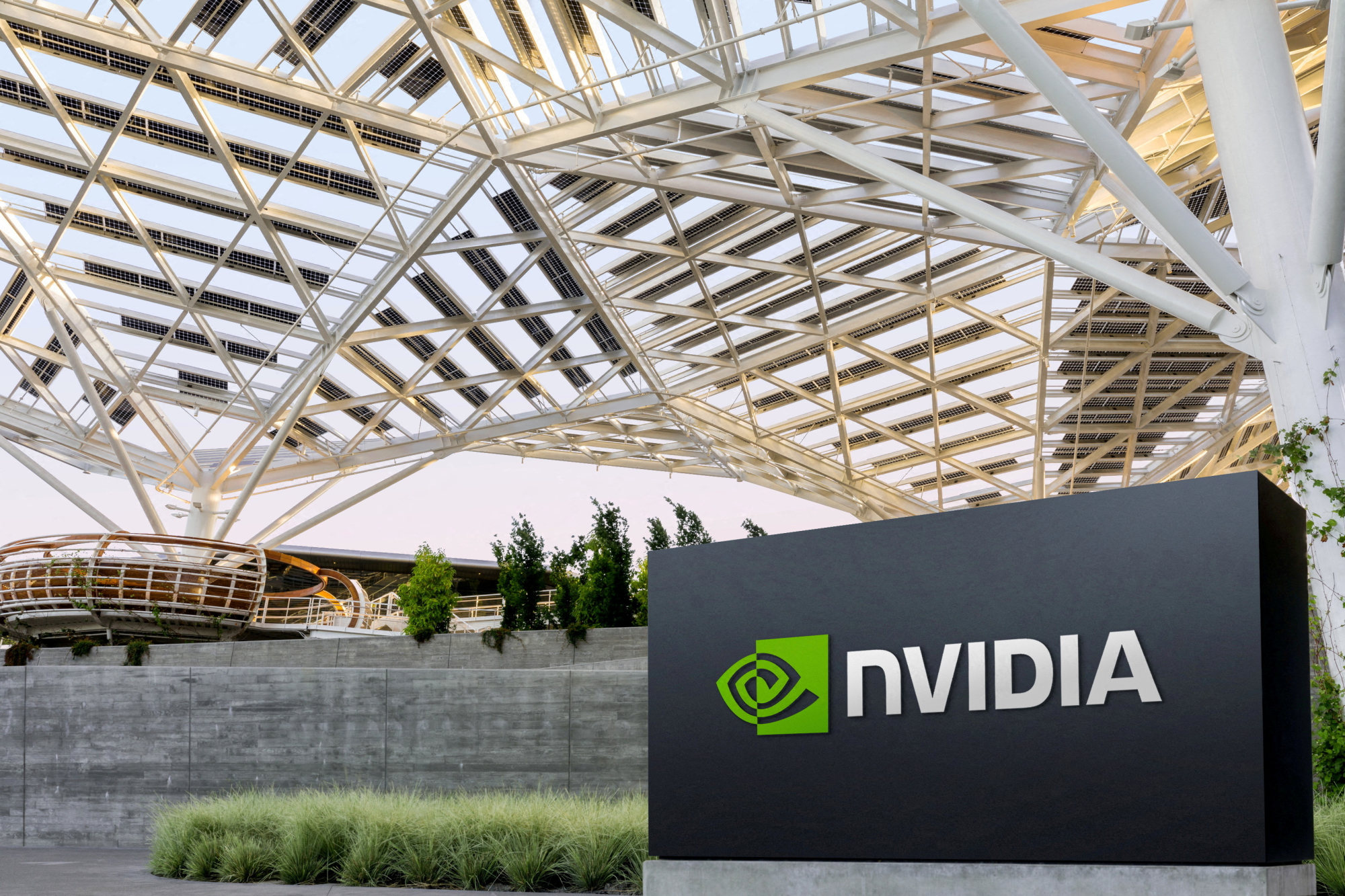
10 Apr Google unveils Arm-based Axion chips for AI, as Intel details Gaudi 3 AI chip amid race against Nvidia
“Our customers, first and foremost, are asking for choice in the industry,” said Intel vice-president, strategy and product management Jeni Barovian.
“They are coming to us and they are expecting that Intel, as a computing leader, will follow the wave of (generative AI) and deliver solutions that meet their needs. And they are looking for an open approach.”

The chip is designed to be strung together with thousands of others and when done so can generate an enormous amount of compute power.
Intel and Advanced Micro Devices (AMD) have struggled to produce a compelling bundle of chips and the software necessary to build AI applications that can become a viable alternative to Nvidia.
Nvidia controlled roughly 83 per cent of the data-centre chip market in 2023, with a majority of the remaining 17 per cent share held by Google’s custom tensor processing units (TPUs) that it does not sell directly, though developers can access them through Google’s cloud platform.
Google also plans to offer its new Arm-based central processing unit (CPU) called Axion via Google Cloud. The company said it has superior performance to x86 chips, and general-purpose Arm chips in the cloud.
“We’re making it easy for customers to bring their existing workloads to Arm,” said Mark Lohmeyer, Google Cloud’s vice-president and general manager of compute and machine learning infrastructure.
“Axion is built on open foundations but customers using Arm anywhere can easily adopt Axion without re-architecting or rewriting their apps.”

Rival cloud operators such as Amazon.com and Microsoft have built Arm CPUs as a way of differentiating the computing services they offer. Google has built other custom chips for YouTube, AI and its smartphones but had not built a CPU.
Broadcom has partnered with Google on prior generations of the TPU chips. Google declined to comment on whether it used a design partner for Axion and Broadcom’s involvement with the TPU v5p.
The Alphabet subsidiary said the new TPU v5p chip is built to run in pods of 8,960 chips, and can achieve twice the raw performance as the prior generation of TPUs. To help ensure the pod runs at optimal performance, Google uses liquid cooling.
Nvidia designs chips for Windows PC in major challenge to Intel
Nvidia designs chips for Windows PC in major challenge to Intel
The Axion chip offers 30 per cent better performance than “general-purpose Arm chips, and 50 per cent better performance than current generation x86 chips produced by Intel and AMD.
Google plans to use Axion to power services such as its YouTube Ads in Google Cloud “soon.” The TPU v5p is generally available via Google’s cloud on Tuesday.
The Gaudi 3 chip will be available to server builders such as Supermicro and Hewlett Packard Enterprise in the second quarter of this year.
The next generation of Gaudi chips will be code named Falcon Shores.
